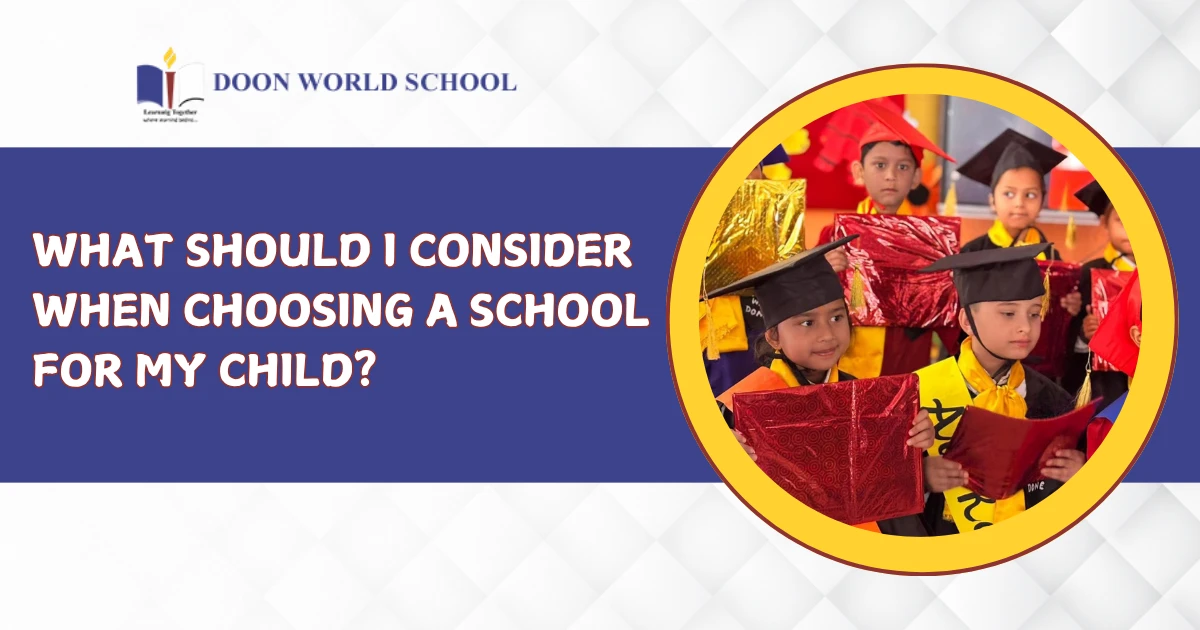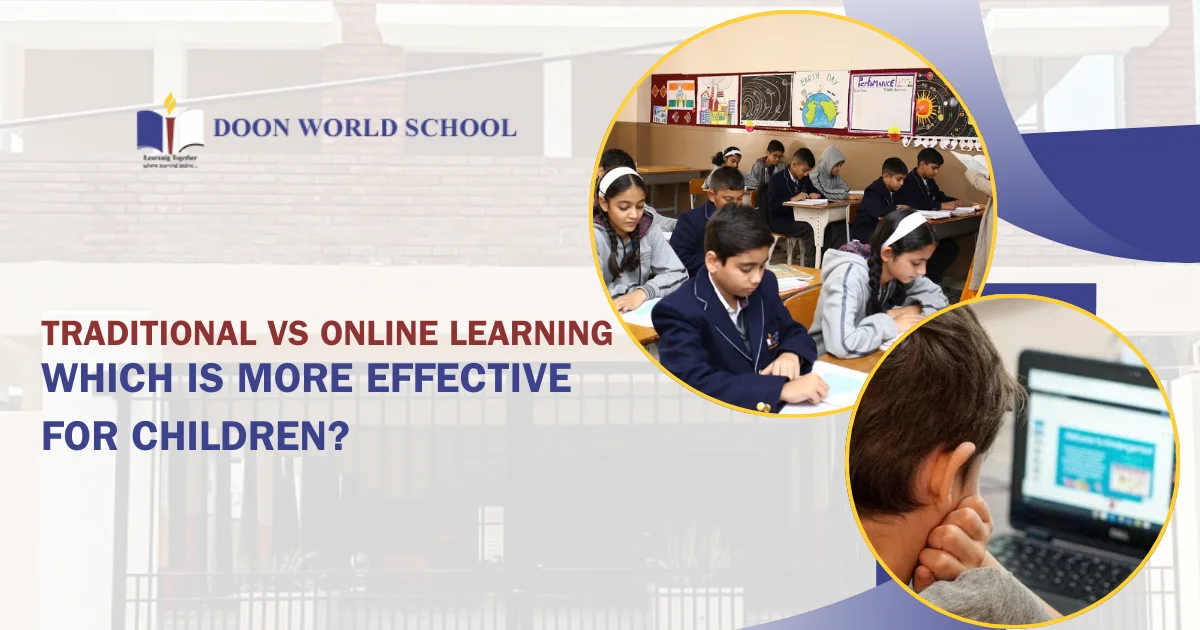
Reasons to Encourage Experiential Learning
The contemporary period and the “new normal” have prompted us to recognize the changes that are required in management, notably in the sector of education. And as the best CBSE school in Sahastradhara, Dehradun, we believe that today’s rising world rewards far more than simply academic knowledge. Globalization developments necessitate skill sets that boost productivity and improve workflow. Therefore, it is imperative that educators urge students to place greater emphasis on skill development than mere academics.
As the name indicates, experiential learning is the development of abilities via experience and reflection on observations. It gives pupils the opportunity to play the role of learner and build their own understanding. It assists kids in developing critical thinking abilities and problem-solving principles, as well as discovering their passions.
It has been noticed that the modern world necessitates the ongoing application of fresh skill sets from time to time. As a result, historically valuable abilities will eventually become less valuable. Because of technological improvements, students must study irreplaceable skill sets rather than learning about jobs and livelihood, as traditional lifetime professions will no longer exist as they did in older eras.
From the best CBSE school in Sahastradhara, Dehradun, here are the top reasons for encouraging experiential learning.
1. One of the primary reasons why experiential learning should be promoted is that it enables individuals to collaborate and communicate successfully. It prepares them for tomorrow by teaching them how to work with others while keeping the overall aim in mind. As a consequence, the children learn to work together.
2. Experiential learning allows students to study at their own speed. While experimenting and working on answers, students acquire a problem-solving mentality and a creative style of thinking that is unique to each individual. Unlike traditional learning, in which pupils are assumed to have the same level of comprehension, experiential learning offers a unique learning environment.
3. Experiential learning assists students in developing critical thinking abilities and future perspectives. Critical thinking is the process of thinking about and assessing events before leaping to conclusions. It enables a person to articulate their opinions while expertly monitoring a circumstance based on facts and data.
4. With experiential learning, students no longer need to memorize theory by studying rationally and empirically, as they would in a traditional classroom setting. This is because experience learning makes it possible to apply information right away, which is crucial in a civilized society.
The relevance of experiential learning is best proven by the fact that it educates students not to be frightened of failure and instead pushes them to learn from it. It provides a practical method that assists in the entire development of one’s personality.
These days, experiential learning is becoming a common part of the curriculum in many schools. One such example is Doon World School, the best CBSE school in Dehradun, which emphasizes the concept of experiential learning to aid each student in achieving success.


